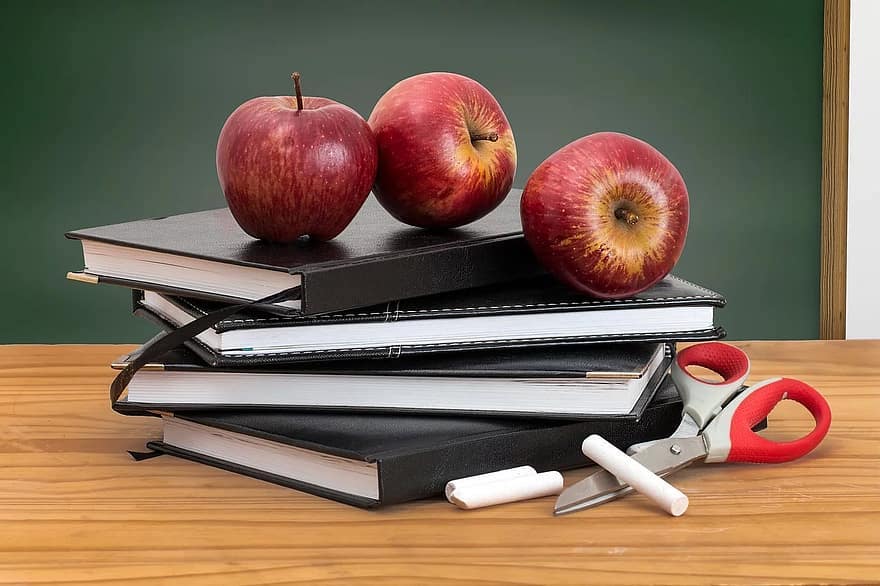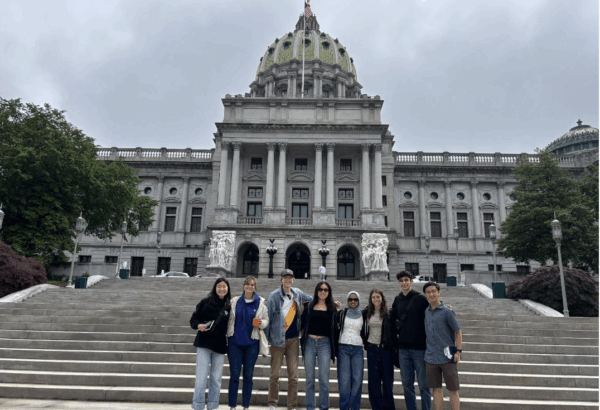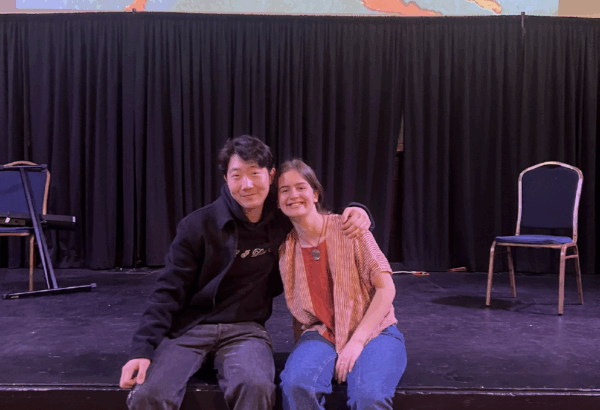He continued, “Most of us take for granted that time flies, meaning that it passes too quickly. But in the mindful state, time doesn’t really pass at all. There is only a single instant of time that keeps renewing itself over and over with infinite variety.” (Chopra, The Book of Secrets 2004: 198). Most definitions of “mindfulness” refer to time in some way. One of the most well-known definitions comes from the creator of Mindfulness-Based Stress Reduction, Jon Kabat-Zinn: “focused attention in the present moment, nonjudgmentally.”
In the past few years, there has been a rapid increase in the study of mindfulness as it is being applied to educational settings. Studies suggest that introducing meditation into classroom settings can support both teachers and students in a myriad of ways such as improving well-being, enhancing learning, improving quality of life, and even addressing mood disorders.
A recent study from the Graduate School of Education, “Present-Moment Awareness and the Prosocial Classroom: Educators’ Lived Experience of Mindfulness,” explores the ways in which K-12 teachers experience mindfulness training and how they believed it impacted their teaching and classrooms. One concept that emerged from the data was the role of “time” or awareness of the present moment. In this article we explore how changes in our relationship to time may be catalysts for effects such as decreased interpersonal reactivity, increased self-awareness, and better stress management skills in general. What does “being mindful” actually look like in a classroom setting? How do teachers experience “mindfulness” and what do they notice about how being mindful impacts their classrooms? This study hypothesizes that how teachers’ relate to time may be a key factor in some of the benefits of mindfulness training for educators.




